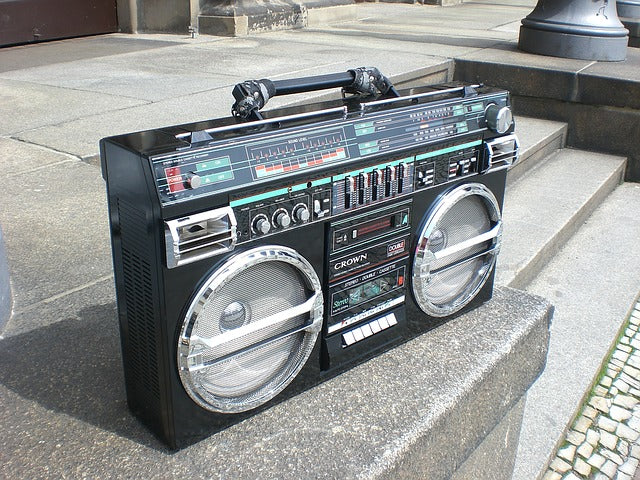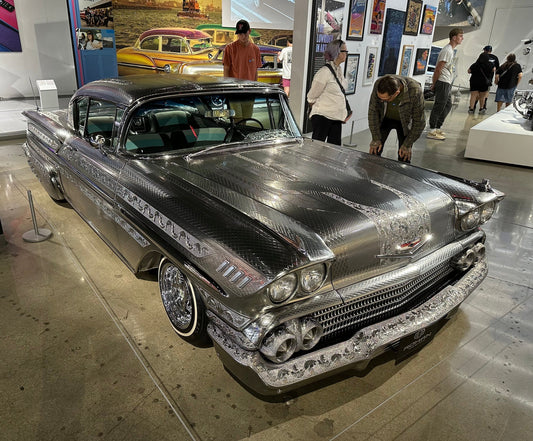"I’m in the cable business because I’m a bit of a New England cheapskate. I was drawn to cable in large part because there is no other part of system where $20 can make so much difference. While it is still more often a shared listening evaluation of a $29 cable that earns AudioQuest its distribution, over the decades I’ve come to also design cables that cost up to a thousand times that — but I have always strongly stated that in the systems appropriate for such expensive cables, the cables should be the least expensive way to make the most improvement, otherwise spend the money elsewhere. In our little world of audio, the number one thing an audio store must enable a potential consumer to discover is that, no, they are not themselves the weak link that precludes the advantages of a good audio system. A good audio store will foster a context in which the consumer can surprise themselves with how they can hear pretty much any change anywhere in the system. That doesn’t mean that they will immediately recognize hierarchy, or that the difference has to be relevant to them or of value — that’s personal. An audio system is not a chain that’s only as strong as its weakest link — an audio system is an accumulation of sins as every piece of gear, every part, every connection, every cable somewhat degrades the sound. The occasional exception is in the realm of digital processing — though almost every component that ever claimed perfect re-clocking and perfect whatever else continues to prove that “perfect” is usually a perfectly inappropriate term. Funny how things that were “perfect” decades ago have continually managed to improve, and yet still aren’t perfect. In the world of sales, the language is almost only about better, better, better — but understanding audio equipment, and certainly cables, is a matter of working to understand the incredible number of ways that signal is degraded, and/or noise is added (from rumble to GHz) that causes circuit and other misbehavior. I’m fond of the expression that there is no such thing as a "good cable” — there is only less-bad. During my cross-continent road trips in the late 90’s, the differences in the sound between audio running through lamp cord or the best cable made, and all the steps in-between, were heard by dealers and reviewers across North America through a $99 JVC boombox. What made this such a powerful educational tool was the almost universal predisposition to believe that only a much better hifi could reveal such differences. This incorrect and unfounded built-in bias made differences heard over a boombox much more powerful emotionally than the same difference heard over a $100,000 hifi. Kind of funny that I was able to amplify the truth of easy cable audibility by using a system most anyone can afford, thereby making the experience universal — whereas using a big-buck system would have conveyed the same truth, but most listeners would have minimized its relevance by choosing to believe that the differences could only be heard on a big-buck system. This is the only reason cables matter — they are usually, in all classes of system, the least expensive way to make the biggest improvements. That doesn’t make cables any more important than any other component — but it is why cables, from AC power to low-level analog to speaker cable to digital need careful attention."Thanks, Bill.
Through a $99 boombox
by Paul McGowan
I appreciate the wisdom of other voices, voices that don't always agree with my own but none the less have merit. Such is the case with my good friend Bill Low of AudioQuest. Bill and I agree on much—most, actually—but his stance that a highly resolving system is unnecessary to hear subtle differences has long flown in the face of my own experience. Except that I too have heard cables matter on the simplest of systems—and the opposite too. So I am again befuddled and without a clear and simple answer.
I offered Bill an opportunity to share some of his experience and thoughts with my readers. After all, this is a man that knows cables.
- Choosing a selection results in a full page refresh.
- Opens in a new window.









